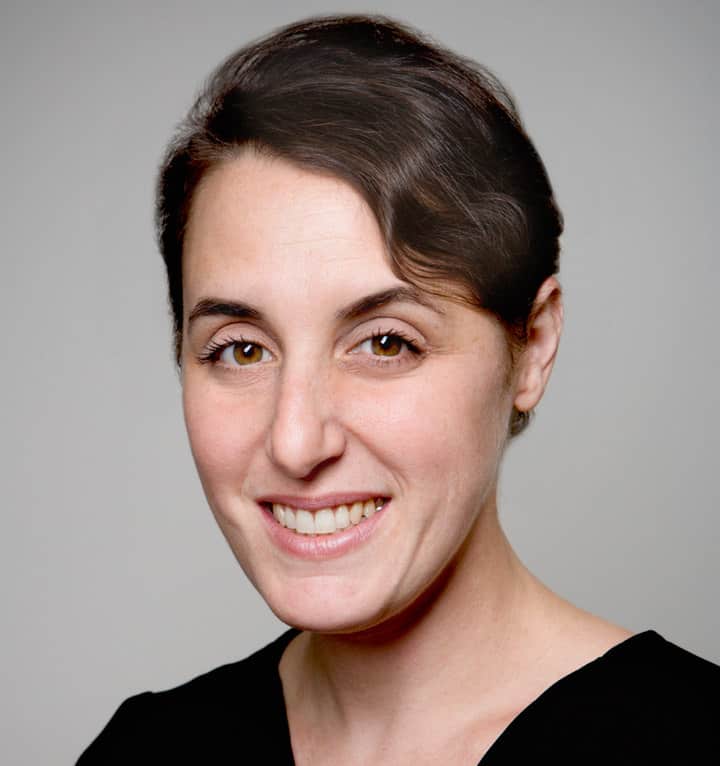Introduction
President Barack Obama’s new executive order creating a uniform category for federal documents that are sensitive but not classified is an attempt to bring order to an unwieldy hodge-podge of 107 agency-specific terms now used across government for touchy information.
Confusion now reigns as different federal agencies use varying terms to categorize documents. Worse, agencies also sometimes use the same term but to invoke different levels of discretion. Perhaps most famously was an innovation of former Vice President Dick Cheney who, according to Washington Post reporter Barton Gellman, would stamp papers “Treat As” classified when the official designation could not be obtained.
The new category will be a government-wide standard, “controlled unclassified information” or CUI.
William J. Bosanko, director of the Information Security Oversight Office within the National Archives, is heading up the government effort to standardize how sensitive documents are treated and will be soliciting public input over the next year. “It’s truly a chaotic system,” he told the Center, referring to the current state of affairs.
Advocates for open government hail the new designation as a victory.
Patrice McDermott, director of OpenTheGovernment.org, says she was initially skeptical about the planned change. But planning and development of the executive order grew “from a government-wide information withholding policy to a government-wide information sharing policy,” she says. “It really is like night and day.”
The president’s order says that just because a document falls under the new category, that does not exempt it from Freedom of Information Act, or FOIA, requests. McDermott says she’ll be closely watching administration decisions on whether to disclose CUI-stamped documents, and whether that designation will make FOIA officers hesitate or err on the side of keeping documents secret.
Steven Aftergood, director of the Project on Government Secrecy at the Federation of American Scientists, takes a different tack. “It may have a net positive effect on FOIA if it succeeds in reducing official controls on information,” he says. “The CUI process should be much more disciplined than what preceded it.”

Join the conversation
Show Comments